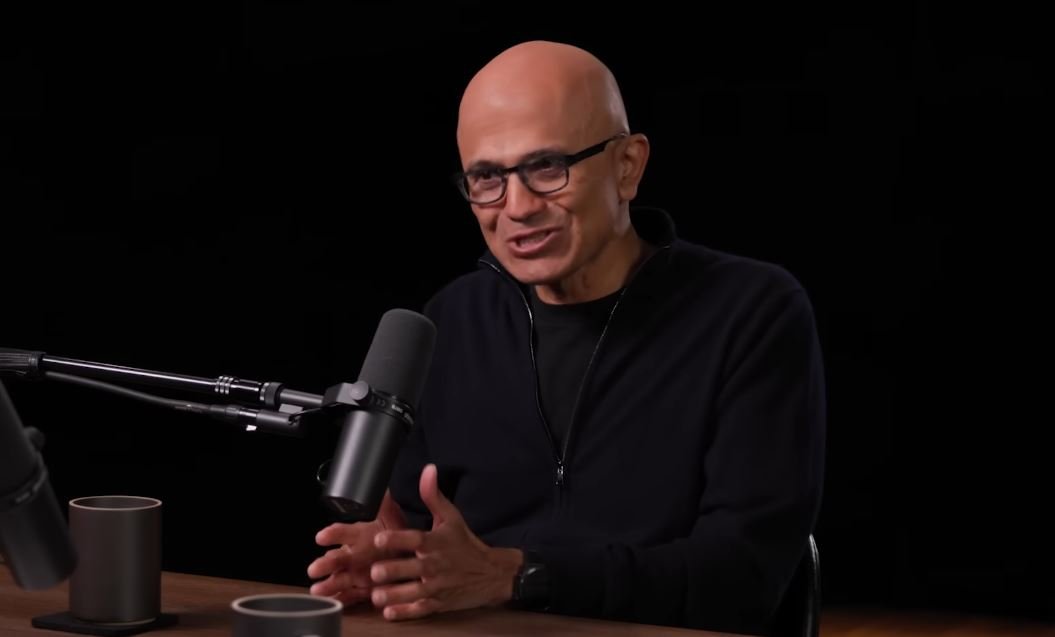Bill Gates has an incredible fortune of $115 billion as of May 2025, ranking twelfth among all billionaires worldwide. Decades of combined strategy, remarkable resilience, and a deliberate disengagement from operational instability are all reflected in this value. Gates’ fortune is still growing even after he left Microsoft’s daily operations years ago, mostly due to smart investments rather than direct profits. He has established himself as a model of passive financial domination by subtly generating long-term gains in the fields of energy, biotechnology, and digital infrastructure.
The way Gates transitioned from active company leadership to high-impact philanthropy without ever losing economic altitude is also noteworthy. By placing bets on core technology and global health, Gates has significantly increased the constancy and growth of his assets, in contrast to his rivals, Elon Musk, Jeff Bezos, and Mark Zuckerberg, who are notorious for their erratic valuation fluctuations. He is now working to improve the sluggish process of progress, one project at a time, rather than racing to launch satellites or upend entire industries in a flash.
| Full Name | William Henry Gates III |
|---|---|
| Known As | Bill Gates |
| Date of Birth | October 28, 1955 |
| Age | 69 |
| Nationality | American |
| Education | Harvard College (dropped out) |
| Main Profession | Entrepreneur, Investor, Philanthropist |
| Key Companies | Microsoft, Cascade Investment, TerraPower |
| Net Worth (2025) | $115 Billion |
| Foundation Leadership | Gates Foundation – Sole Chair as of 2024 |
| Reference | https://www.forbes.com/profile/bill-gates |
Gates has expanded his business beyond technology by utilizing Cascade Investment. The company’s holdings include nuclear energy, agricultural, and hotels; each was carefully chosen for its long-term sustainability. Gates plays the endless game, as opposed to trend-chasing hedge funds. He has invested millions in small modular nuclear reactors through TerraPower, a move that is finally paying off in terms of the economy and the environment by 2025. TerraPower has established itself as a pioneer in sustainable electricity that is prepared for the future thanks to remarkably successful collaborations with governments and energy companies.

Through the Gates Foundation, Gates has donated more than $50 billion despite his immense wealth. However, his net worth is still incredibly huge, which can only be explained by compound interest and careful reinvestment. He has been the foundation’s only chairman since its rebranding in 2024, which came about as a result of Melinda French Gates’ departure. He now has complete power over programs aimed at preventing malaria, distributing vaccines, promoting digital education, and bolstering agricultural resilience, particularly in sub-Saharan Africa and Southeast Asia.
The thought of one individual having such financial sway is intimidating to many. But by grounding his work in quantifiable public benefit, Gates frequently allays critics. In hundreds of underdeveloped countries, his contributions to studies on climate adaptation and COVID-19 response mechanisms have enhanced readiness and drastically decreased fatality rates. His predictions about healthcare systems, which were initially viewed with suspicion, were confirmed during the pandemic years. His 2015 TED Talk now reads more like prophecy than speculation.
The debate on billionaire accountability has heated up in recent days, but Gates has remarkably maintained composure and concentration. He chooses to work strategically with WHO, GAVI, and even local ministries in countries where avoidable diseases are most prevalent rather than participating in internet arguments or public theatrics. This strategy has been quite effective in increasing local agency and reducing bureaucratic red tape.
The way Gates’ wealth changed after his divorce is what makes it so intriguing. The divorce with Melinda French Gates in 2021 was handled with unexpected elegance and openness. Although she was given an estimated $6 billion in assets, Gates was still in charge of Cascade Investment and his charitable plan. His reputation as a practical and orderly capitalist was only strengthened by the lack of public controversy.
Incorporating artificial intelligence into charitable decision-making has also revolutionized the way large-scale giving functions, according to Gates Ventures. The company can now accurately forecast the long-term effects of different interventions, whether in food distribution or cleanliness, thanks to AI-driven analytics. As a result, the number of unsuccessful projects has drastically decreased, and an increasing number of scalable models are now being imitated by other agencies and charities.
Gates has also extended his influence into synthetic biology and climate-conscious agriculture through strategic alliances. He has made investments in technology that promise to lower emissions while enhancing food security, working with innovators in vertical farming and lab-grown meat. His influence in this field is steadily increasing while still having a significant impact. Unlike other billionaires’ high-profile endeavors, Gates prioritizes accuracy over showmanship.
It’s interesting to note that Gates’ memoir Source Code: My Beginnings, published in 2025, has achieved success. He considers his early mistakes, defining choices, and periods of uncertainty in it. His complicated legacy is humanized by the incredibly straightforward writing, which also reintroduces Gates to a younger audience that is more familiar with him as a vaccination campaigner than as a software tycoon. The narrative also emphasizes how his early loss experiences, especially the passing of his boyhood friend Kent Evans, influenced his sense of purpose and urgency.
Gates represents a slower, more deliberate, and possibly more sustainable route to wealth than other billionaires. Gates concentrates on eliminating diseases, creating clean energy grids, and enhancing educational institutions in areas that traditional capital frequently ignores, while Musk launches rockets and Zuckerberg courted the metaverse. Despite its lack of ostentation, his concept is very adaptable and socially relevant.
Gates has emerged as a major figure in the global sustainability movement with the start of his new projects in digital learning ecosystems and plant-based proteins. Our definition of success is changing as a result of these initiatives, moving beyond financial gain to include effect produced. Gates’ capacity to impact numerous industries at once is not due to his fame, but rather to a network of organizations and partnerships that subtly make a difference in vital fields.
In the future, Gates has indicated that he will keep allocating his funds to moonshot projects, which are extremely risky yet have the potential to be revolutionary. His portfolio now focuses as much on safeguarding mankind as it does on generating profits, from carbon capture technologies to pandemic-resistant healthcare infrastructures. His team functions more like cross-disciplinary think tanks than traditional fund managers, with several members having previously worked as scientists and public policy specialists.
Gates, 69, seems unfazed by his age. If anything, he is ushering in a new age in which wealth becomes a lever rather than merely a scorecard. A counter-narrative to the chaotic energy typically associated with tech millionaires is provided by his influence, financial clout, and methodical approach. Gates will probably continue to function quietly but firmly as AI, climate technology, and decentralized innovation transform global systems, extending a legacy based on both code and effect.









